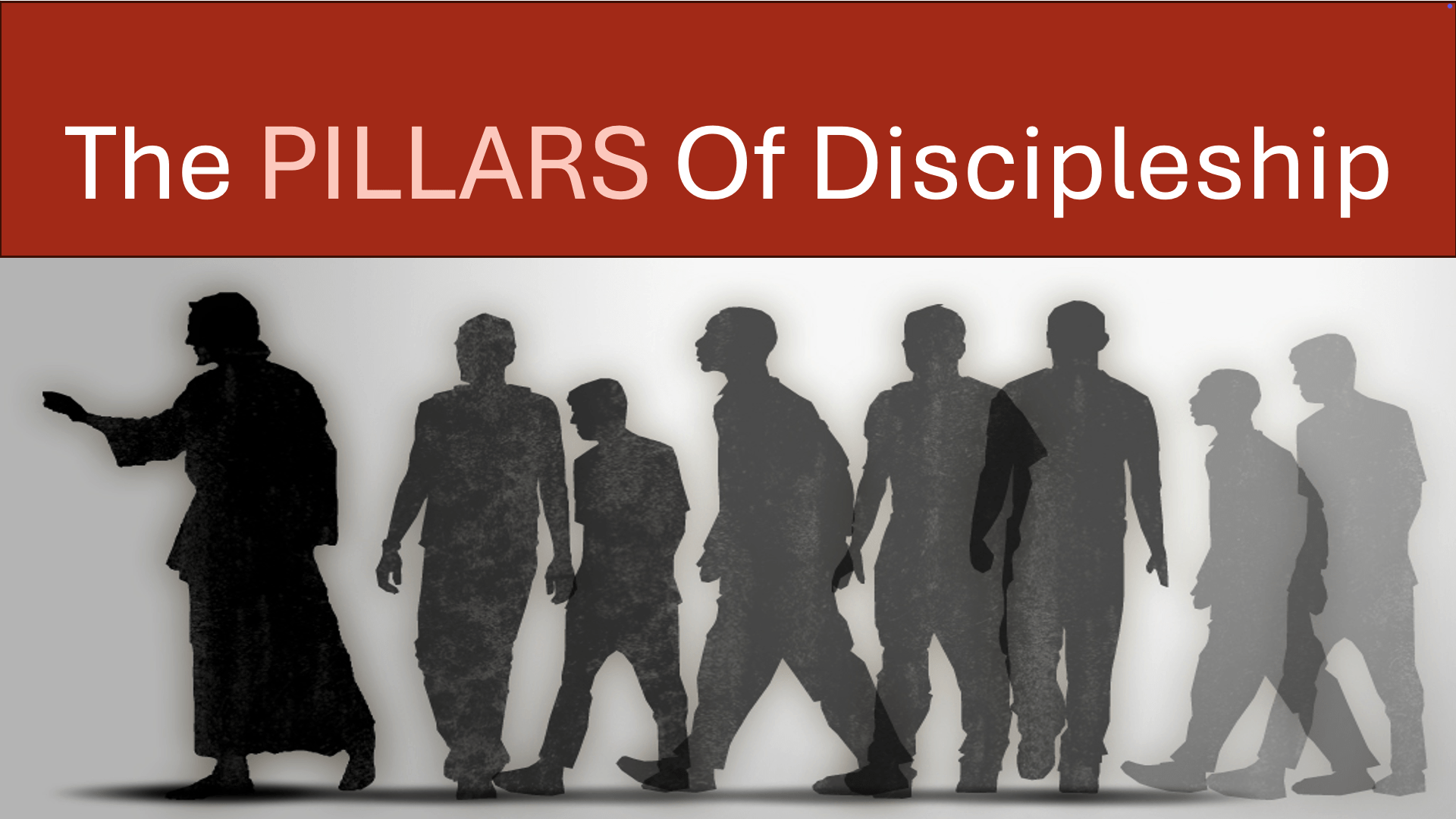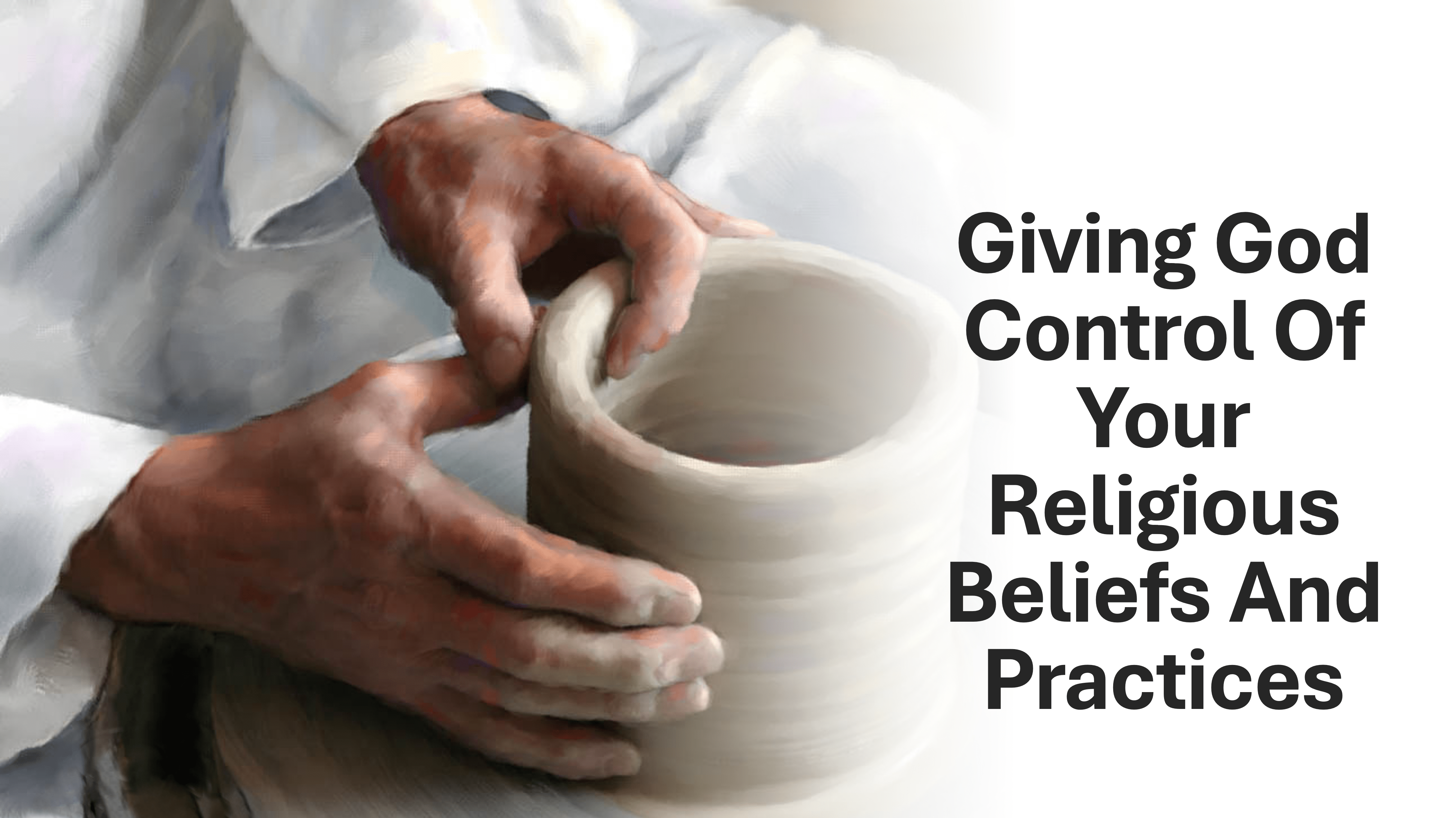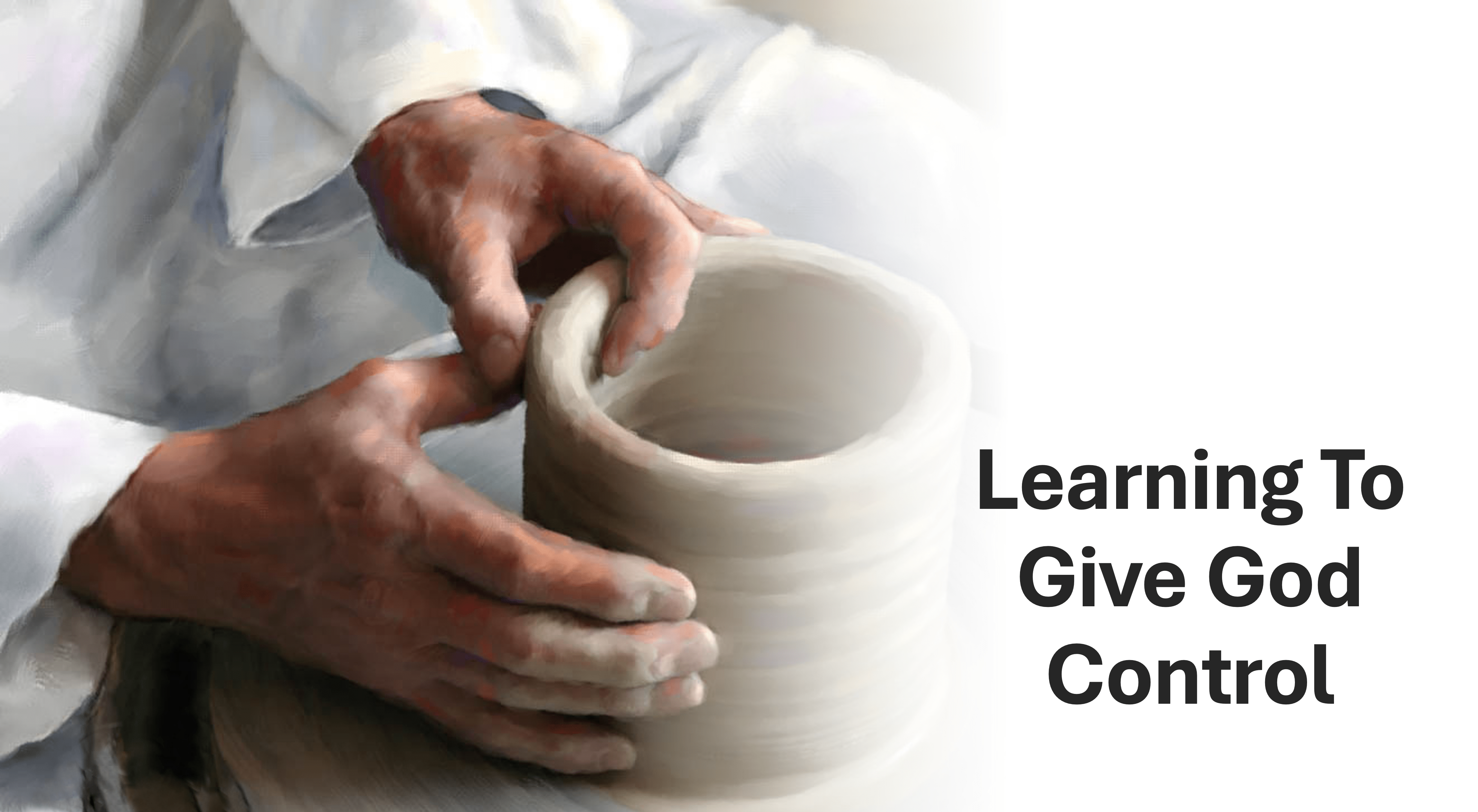Downloadable Files:
Text:
The Radical Kingdom
Lesson 4: Superior Righteousness (Matthew 5:17-20)
Jesus has now entered the main section of His teaching (Matthew 5:17-7:12) that describes the radical righteousness that will characterize those who are in His kingdom. Remember that those who heard Jesus teach on this occasion lived under the Law of Moses. However, by the time of Jesus’s teaching, many had perverted the Law in different ways (i.e. the Pharisees). In this text, Jesus identifies a superior righteousness compared with the common ideas of the day (5:17-20).
Jesus Did Not Come To Abolish The Law (Matthew 5:17-18)
Jesus was often accused (especially by the Pharisees) of being a revolutionary who disregarded the Law of Moses, which they came to view as including their traditions (Mark 2:16, 23-24; 3:1-2). They came to hate Jesus so much that they wanted to destroy Him (Mark 3:6; John 5:16, 18). Here, Jesus addressed any concern people might have concerning His relationship with the Law and the Prophets (representing the entire Old Covenant). Contrary to accusations, Jesus said people were not to think that He came to abolish (dissolve, undo, or overthrow) the Law or the Prophets.Jesus even had such respect for the Law of Moses that He recognized the importance of the smallest letter (iota, smallest letter of the Greek alphabet) or a single stroke of a letter (i.e. that distinguishes from another). In this, He also demonstrated the inspiration of even the smallest parts of Scripture and respect for every word that proceeds from God’s mouth (2 Timothy 3:16; 2 Peter 1:20-21; Matthew 4:4)!
Jesus Came To Fulfill The Law (Matthew 5:17-18)
The Old Testament Law was never intended to be permanent. Rather, God designed it to be fulfilled and then replaced by something superior (Jeremiah 31:31-34). In reality, it was intended to prepare people to accept the Messiah (Galatians 3:19-26), containing copies and shadows of what was coming in Christ (Colossians 2:16-17; Hebrews 9:23-28). Jesus (who was the Messianic King of prophecy) came to fulfill (bring to completion, satisfy) all that was involved in the Law and the Prophets, which He accomplished (Hebrews 8:7-13; Colossians 2:14)! First, Jesus fulfilled the Law by obeying the requirements of the Law within His own life (Hebrews 4:14-16; 1 Peter 2:21-25; Luke 23:4, 22, 41). Second, Jesus fulfilled the Law by fulfilling all that had been prophesied concerning the Messiah and kingdom (Isaiah 9:1-7; 53; Matthew 1:22-23; 2:6, 15; 4:14-16). Third, Jesus fulfilled the Law by laying the foundation for the New Covenant that had been prophesied (Matthew 4:23). So, rather than being the enemy of the Law and Prophets, Jesus is making it clear that He is the ultimate Friend of the Law and Prophets – by keeping them and by fulfilling the very things they pointed to!Nothing in the Old Law would pass away until everything was accomplished. Although heaven and earth would pass away (2 Peter 3:10-13), none of God’s words would until they were brought to their fulfillment!
The Necessity Of Obedience To The Commands (Matthew 5:19)
Having established that He is on the side of the Law and Prophets, Jesus teaches His followers that they must obey the law of God. At that time, the law in effect was the Law of Moses. Notice the word-play Jesus uses to emphasize the obedience that is required. Those who think they can disregard (loosen) even the least of God’s laws would be considered least (unworthy, of no regard) as it pertains to the kingdom of God (James 2:10). However, the one who would obey and then teach the commands of God would be considered great in God’s kingdom. Those who would obey the Law of Moses at that time would take part in the kingdom Jesus would establish, even though it had not yet been established (Matthew 8:11).Today, followers of Christ are part of the kingdom that has been established (Colossians 1:13) and must obey the new law Jesus has established (revealed in the New Testament) that offers true freedom from sin (1 Corinthians 9:21; Galatians 6:2; James 1:25).
A Different Kind Of Righteousness Is Required (Matthew 5:20)
Many people at the time of Jesus were accustomed to seeing the concept of righteousness (being right with God) through the lens of the Pharisees and scribes. These were regarded as the experts and teachers of the law who were known for their appearance of righteousness (Matthew 23:2, 5). The measure of righteousness possessed by Pharisees and scribes, however, had some notable problems. First, they often added their traditions to the law of God and bound it all as being required by God for righteousness, even when doing so caused them to violate God’s actual law (Matthew 15:1-9). Second, though they would often be strict in adhering to the minute details of the Law, they would often leave the larger principles of the Law undone (Matthew 23:23-24). Third, while they looked righteous externally, they were often hypocrites in their disobedience (Matthew 23:1-7) and had hearts that were not sincere (Matthew 23:15, 25-28). This ritualism and traditionalism were inadequate for being part of the kingdom of God!The kind of righteousness that would be required of those who would be in Jesus’s kingdom would be a righteousness that is of a greater and superior quality than this! While it still includes obedience to the law of God (the Law of Moses then; the Law of Christ today), it is righteousness that comes from the heart!
Conclusion
Jesus has demonstrated that He is on the side of God’s Law, contrary to the perceptions of some people. However, He is not on the side of those often perceived as being righteous. Instead, those who would be members of His kingdom would need to possess a righteousness that is superior to theirs! With this, Jesus will now begin to explain this superior righteousness.



